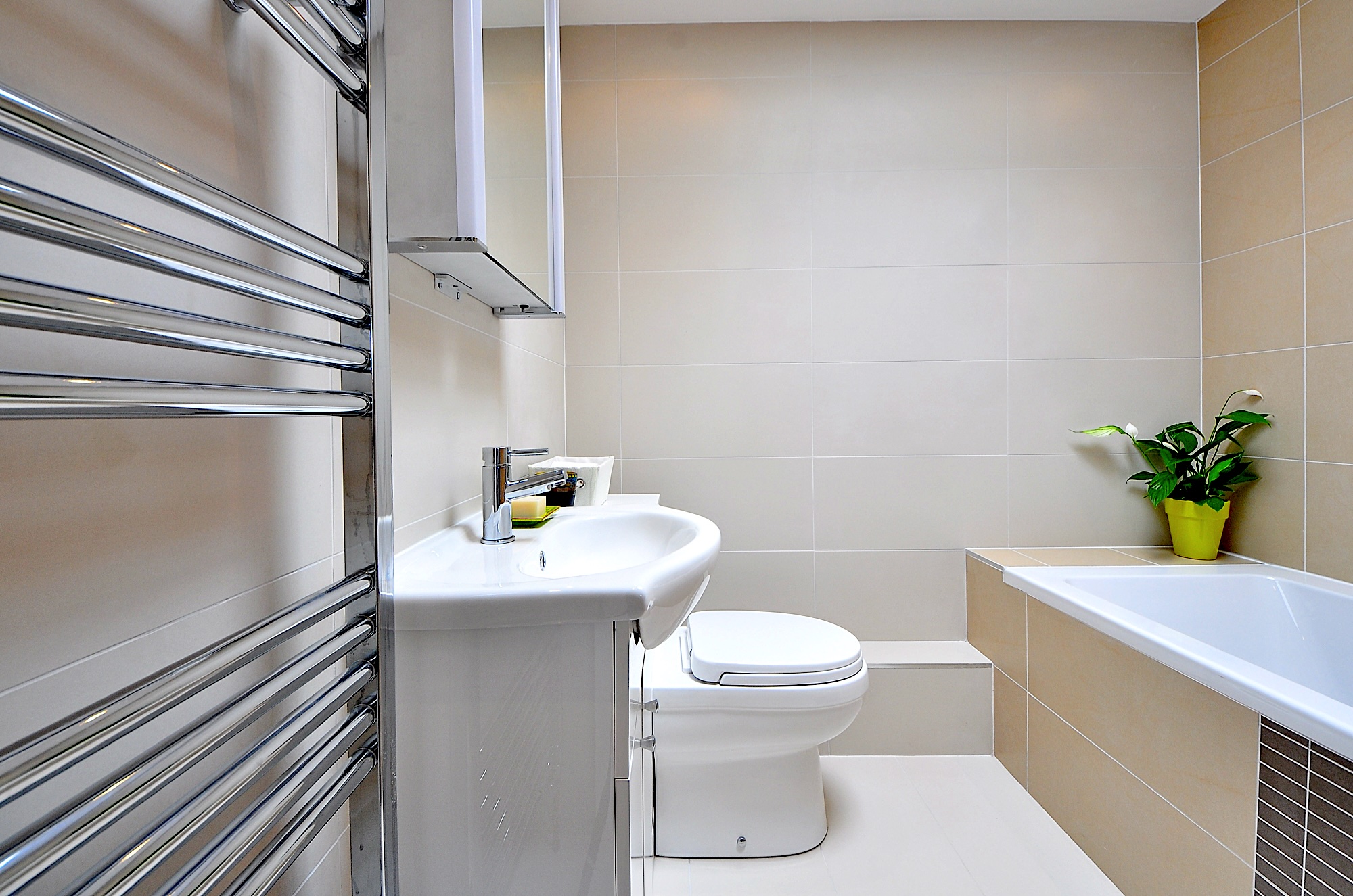Purchasing property is never as simple as signing on the dotted line. Nor should it be. As much as we may want to move into our new homes quickly, there are certain steps put in place to help you – the home buyer – walk away feeling confident that this is the right investment. One such step is a home inspection.
WHAT IS A HOME INSPECTION?
Home inspections provide potential home buyers the opportunity to identify any issues with a home prior to closing the deal. Oftentimes, home inspections are used as a contingency in your contract with the seller. What this means is that if there are any glaring defects uncovered during the inspection, you can withdraw your previous purchase offer, free of penalty.
You often hear people complain that home inspections cost too much money, but believe us, the investment is well worth it. If anything comes up during the inspection, you’ll be glad you got out of there when you could.
The cost of a home inspection will vary depending on the size of the home and the region you are in, but they will only ever cost you a few hundred dollars. Obviously, this expense could increase depending on whether you end up needing to call in a more specialized inspector, but this isn’t the norm.
The most important thing to look for in choosing a home inspector is that they are licensed. The Canadian Association of Home & Property Inspectors (CAPHI) website suggests that “if you are meeting with the home inspector in person, ask to see his / her license issued by Consumer Protection BC. If you are speaking with a home inspector over the phone, you can ensure that they are licensed through the Consumer Protection BC online licensee search.”
WHAT DOES A HOME INSPECTION COVER?
Your inspection will vary depending on the experience, ability, and meticulousness of your inspector, but any professional worth their weight will examine certain components of the home and then produce a final report. Usually, these inspections will last at least a couple of hours, and once complete, generally the inspector will perform a walk-through with you and your realtor to discuss findings.
While there are too many details to list them all, here’s what you can usually expect your home inspector to check for. First, the exterior of the home:
- Foundation
- Exterior walls
- Roof
- Grading
- Garage
And then the interior:
- Heating, ventilation and air conditioning
- Electrical
- Plumbing
- Water Heater
- Appliances
- Bathrooms
- Laundry Room
- Fire Safety
It’s important to remember that most home inspectors come equipped with a general knowledge, meaning if they can’t pick up on the visual cues of a problem, you may need to call in a specialist. Generally, home inspectors can tell when there may be an issue, but they won’t always be able to give a more detailed response than that.
If your home inspection reveals any kind of problems, you have a couple of options to choose from.
If the issues are too severe or expensive to fix, you can walk away from your previous purchase offer, that is if there is an inspection contingency listed in your contract (which your REALTOR® can write in for you).
You can ask the seller to fix these issues, reduce the asking price, or give you credit to fix them yourself
So, to answer the question: do you need a home inspection? A hundred times yes! This is your final opportunity to check whether there are any issues worth knowing about before buying a new home. Think about it, you would hate to move in and learn about any major issues after the fact.
For more information on home inspections or any other questions about houses for sale in Victoria BC, contact us today at Pemberton Holmes!





